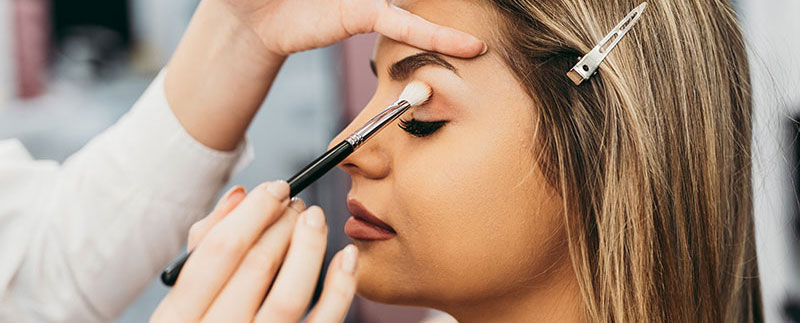Aside from the High School educators out there, most of the educators in the beauty and wellness school business are teaching adults. We must have a firm understanding of who the learner in our classroom will be.
Why are they there? What do they expect in their education? What experience will they bring with them? What anxieties do they have coming in?
Several characteristics that are common among adult learners. Over the next 5 weeks, I’m going to look at these characteristics.
The first thing to remember about adult learners is that they are GOAL ORIENTED.
Adult learners usually have a very specific reason for being in our schools. They are goal- oriented and are pursuing education to achieve their goal. You can motivate students and make a class relevant by helping students see the relationship between what you are teaching and what it takes to achieve their goal.
The main question of the adult learner is, what’s in it for me?
To help understand their goals try the following.
Clarify Goals
Early in the program, ask students to identify their career goals and explain how the program will help them move toward their goals. Now sometimes you must help the student get there.
When I was in the school, one of the most common responses was “I want to own a salon”. And what I found was that was a big dream, but it was the most prevalent goal they had. There were a few who went out and made salon ownership happen quickly, but for most of them, it wasn’t about owning a salon, it was about making a living, having a flexible schedule, doing something with their passion for hair.
There were always several goals before it came to owning a salon. Help your students get clear on what exactly it is they want to achieve while in your school. And then throughout the program, you can tie what they are learning to what it was they said they wanted.
Keep Goals in Focus
Periodically go back and look at the goals. Help the student keep focused on why they are in school. Keep them clear. And perhaps their goals have changed, you can help them align their new goals with what they are doing in school.
Regularly discuss with the student how the information they are learning is essential to their career goals. Help students see the relationship between class activities and their career success.
Address individual goals
Get to know students individually and well enough that you can relate course information to their specific goals. For example, if you assign an article to read that is especially relevant to certain students’ goals, point that out to them. Providing individual attention and interest establishes rapport with students and can be motivating to them.
Be sure to come back next week for Part 2 of Understanding the Adult Learner as we discuss how adult students come into our schools with past experiences.



